Vintage Treasures: From Off This World, edited by Leo Margulies and Oscar J. Friend
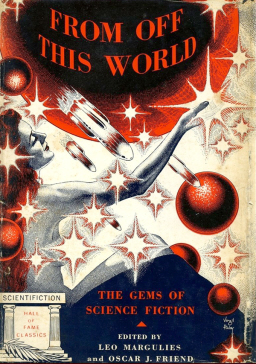 Back in May, at the Windy City Pulp & Paper show here in Chicago, I purchased four boxes of books from the vast collection of Martin H. Greenberg. I’ve been slowly unpacking them ever since. They’ve been a treasure trove of vintage paperbacks and fantastic old anthologies, occasionally with scribbled notes from (presumably) Greenberg in the margins.
Back in May, at the Windy City Pulp & Paper show here in Chicago, I purchased four boxes of books from the vast collection of Martin H. Greenberg. I’ve been slowly unpacking them ever since. They’ve been a treasure trove of vintage paperbacks and fantastic old anthologies, occasionally with scribbled notes from (presumably) Greenberg in the margins.
I’ve written about a few finds already, including a fabulous anthology edited by Leo Margulies and Oscar J. Friend, The Giant Anthology of Science Fiction, first published in 1954. This week, I want to talk about another Margulies and Friend title, a collection of science fiction culled from Wonder Stories/Thrilling Wonder Stories and published in 1949: From Off This World: Gems of Science Fiction Chosen From “Hall of Fame Classics.”
The first thing to note is the gorgeous cover illustration, by none other than Virgil Finlay (click the image at left for a bigger version).
But equally impressive is the Table of Contents, which includes some of the best pulp SF stories ever published, including “The Man Who Evolved” by Edmond Hamilton; “The City of the Singing Flame” and “Beyond the Singing Flame” by Clark Ashton Smith; “A Martian Odyssey” by Stanley G. Weinbaum; and others by Jack Williamson, Henry Kuttner, Eando Binder, P. Schuyler Miller, and many more.
Editor Leo Margulies, who as editorial chief of Standard Magazines was also editor of pulp magazines Startling Stories and Thrilling Wonder Stories, featured “Hall of Fame Classic” SF reprints in Startling. The 18 stories here are taken from those selections, all originally published between 1929 and 1937, as Margulies and Friend explain in their introduction:
Compiled as they are from ten years of HALL OF FAME reprint selections in Startling Stories magazine, they are in effect, the pick of science fiction stories that have survived both the years and today’s amazingly swift scientific progress. In themselves they compose a history of the growth of science fiction over the vital decades just passed.
Actually science fiction — or scientifiction if you will — is the newest development in contemporary literature. It is far and away the most imaginative.
Their comments become even more interesting when the editors turn to the rapid (and frequently horrifying) advance of science during World War II, ended just a scant four years before these words were written.
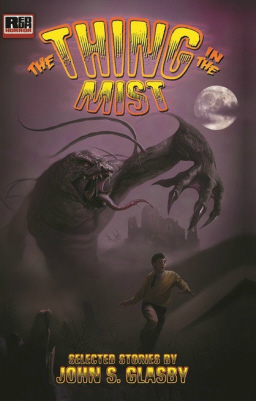
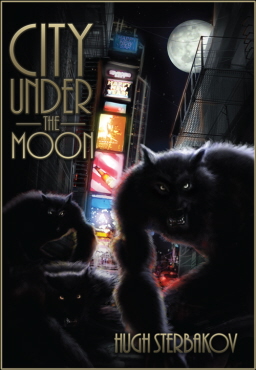
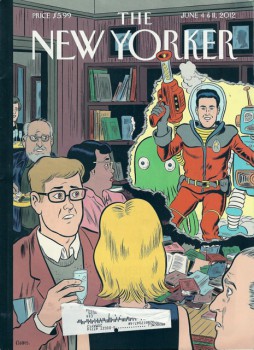 Pssst. Hey, buddy. Yeah, you. Come over here a sec. Listen. Did you know that by virtue of reading this, by virtue of even cruising this site, you live in a ghetto?
Pssst. Hey, buddy. Yeah, you. Come over here a sec. Listen. Did you know that by virtue of reading this, by virtue of even cruising this site, you live in a ghetto? The first thing I feel I have to say about Gustav Meyrink’s novel, The Golem, is that it’s intensely, thrillingly strange. Dreamlike, elliptical, informed by theosophical and occult symbols, it wrong-foots you; nothing in it develops the way you’d expect, not in terms of character or plot or imagery. And yet that strangeness feels almost like a side-effect, a byproduct of its insistence on its themes, on its vision, on its focus on the reality of Prague and on whatever it is that lies beyond that reality. Perhaps the strangest thing about the book, published in installments in 1913 and 14 and published as a whole in 1915, was that this odd esoteric horror story was also tremendously popular in its day.
The first thing I feel I have to say about Gustav Meyrink’s novel, The Golem, is that it’s intensely, thrillingly strange. Dreamlike, elliptical, informed by theosophical and occult symbols, it wrong-foots you; nothing in it develops the way you’d expect, not in terms of character or plot or imagery. And yet that strangeness feels almost like a side-effect, a byproduct of its insistence on its themes, on its vision, on its focus on the reality of Prague and on whatever it is that lies beyond that reality. Perhaps the strangest thing about the book, published in installments in 1913 and 14 and published as a whole in 1915, was that this odd esoteric horror story was also tremendously popular in its day.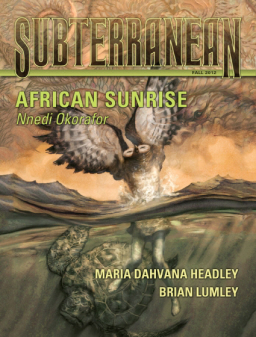
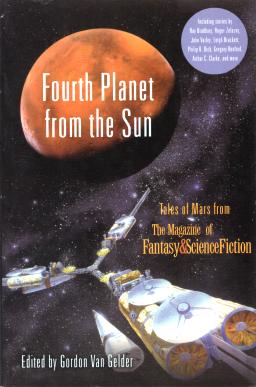
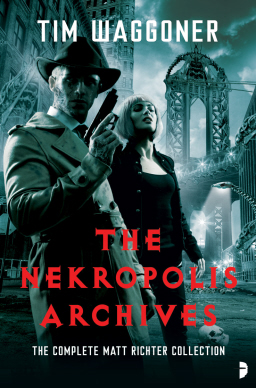
 Less than a week ago, we posted here to talk about
Less than a week ago, we posted here to talk about 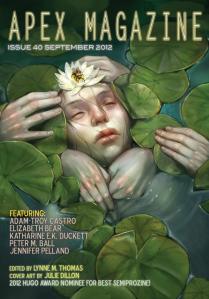 Apex Magazine turns 40 with its September issue, featuring
Apex Magazine turns 40 with its September issue, featuring